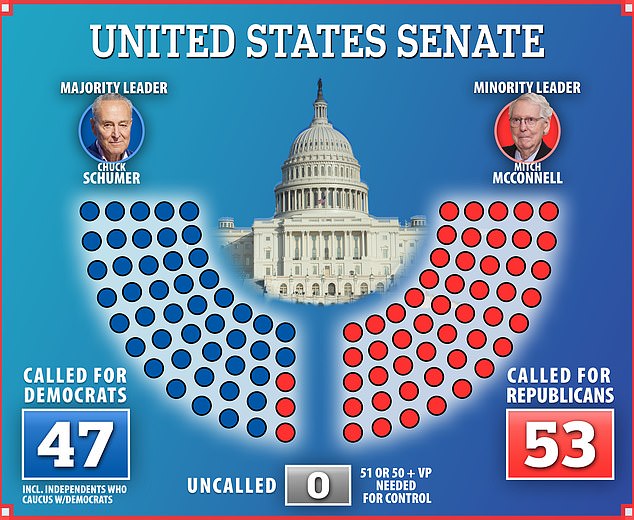John Thune: The Pragmatic Choice to Lead Senate Republicans Into a New Era
In a significant shift for Senate Republicans, Sen. John Thune of South Dakota has been elected as the party's next leader, marking the end of nearly two decades of leadership under the helm of Sen. Mitch McConnell. Thune's ascension to the role of Senate majority leader comes as the party looks to navigate a new era of governance, with a Republican-controlled Senate and a potentially divided government. The election, which took place in a closed-door session, saw Thune defeat Sens. John Cornyn of Texas and Rick Scott of Florida, both of whom were seen as more divisive figures within the party. Thune's victory, secured by a 29-24 vote, is seen as a pragmatic choice, reflecting the party's desire for a more traditional, institutional leadership style. Thune, who has served as Senate minority whip since 2021, is well-respected within the party for his ability to build consensus and navigate complex legislative issues. His experience as a former House member, serving three terms as a representative for South Dakota's at-large congressional district, has also provided him with a unique perspective on the legislative process. As Senate majority leader, Thune will be tasked with balancing the diverging wings of the Republican Party, from more traditional conservatives to President-elect Trump's MAGA allies. This will require a delicate balancing act, as Thune seeks to maintain party unity while also advancing the party's legislative agenda. Thune's election has sparked a backlash from some within the MAGA wing of the party, who see him as insufficiently loyal to President-elect Trump. However, Thune has a long history of working with Trump, having served as a key ally during his presidency. While he has not shied away from criticizing Trump in the past, he is seen as a pragmatic leader who can work effectively with the president to advance the party's agenda. Thune's leadership style is likely to be marked by a focus on building consensus and finding common ground with Democrats. As a senator from a rural state, he is acutely aware of the need to deliver results for his constituents, and is likely to prioritize legislation that reflects the needs and concerns of South Dakota. In his new role, Thune will face significant challenges, from navigating a divided government to addressing the party's internal divisions. However, his election is seen as a positive development for the party, reflecting a desire for a more pragmatic and effective leadership style. As one of the most experienced and respected senators in the party, Thune is well-positioned to lead Senate Republicans into a new era of governance.A New Era for Senate Republicans
Thune's election marks the end of an era for Senate Republicans, who have been led by Sen. McConnell for nearly two decades. McConnell's leadership has been marked by a focus on obstructionism and partisanship, which has contributed to the party's reputation for divisive politics. Thune's leadership style is likely to be more collaborative and focused on finding common ground with Democrats. Thune's election also reflects the party's changing demographics and priorities. As a senator from a rural state, he is acutely aware of the need to deliver results for his constituents, who are likely to be disproportionately affected by government policies. His leadership style is likely to be more focused on addressing the needs of rural America, and finding common ground with Democrats to deliver results.#Politics

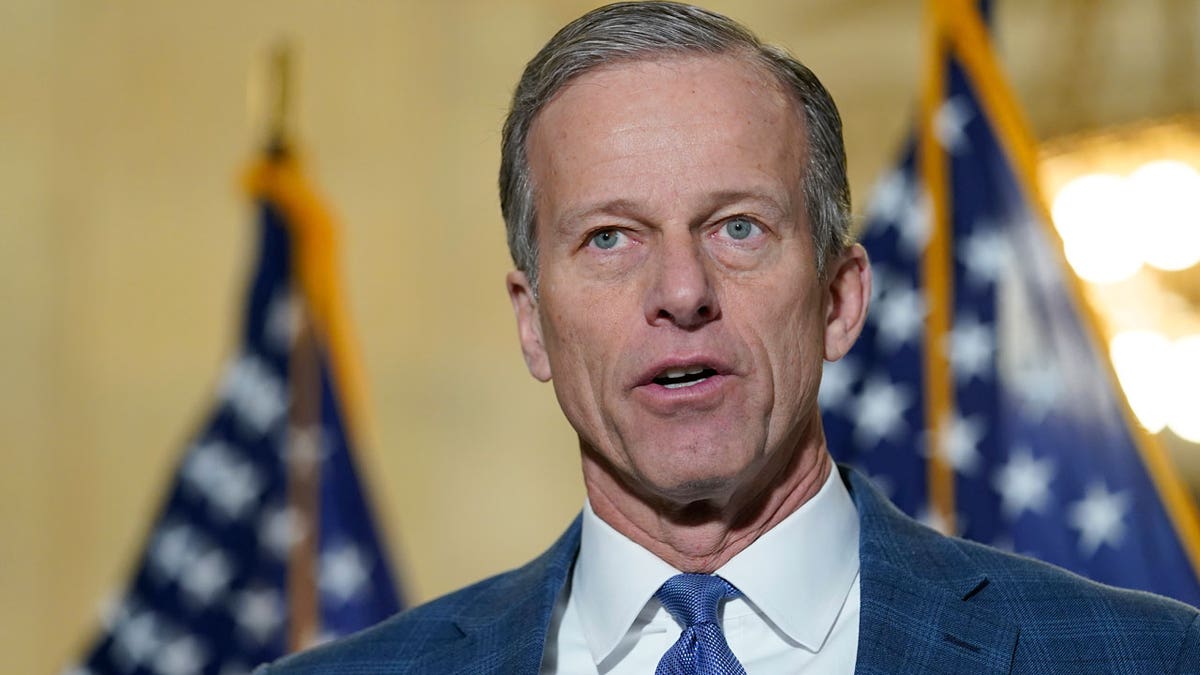

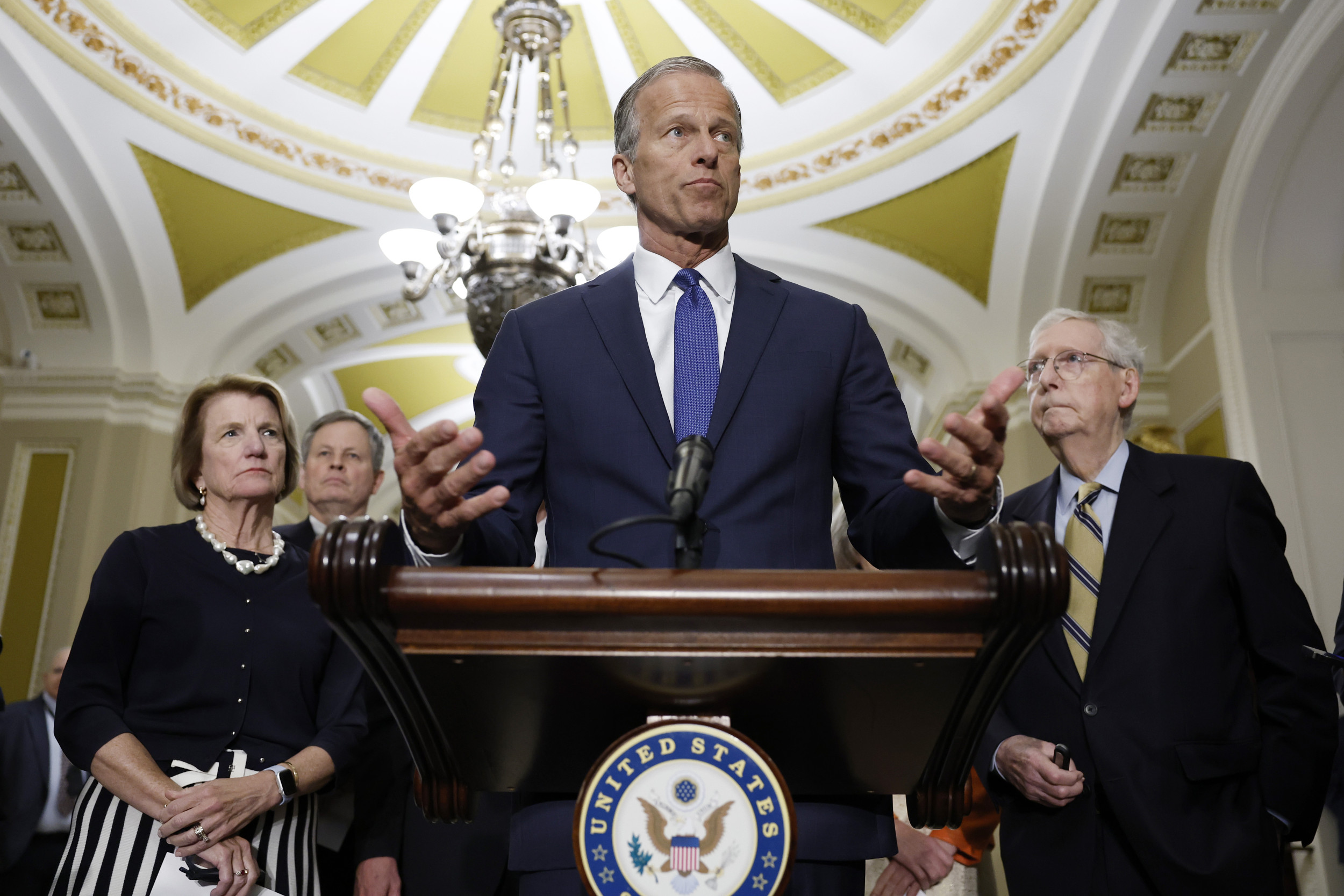
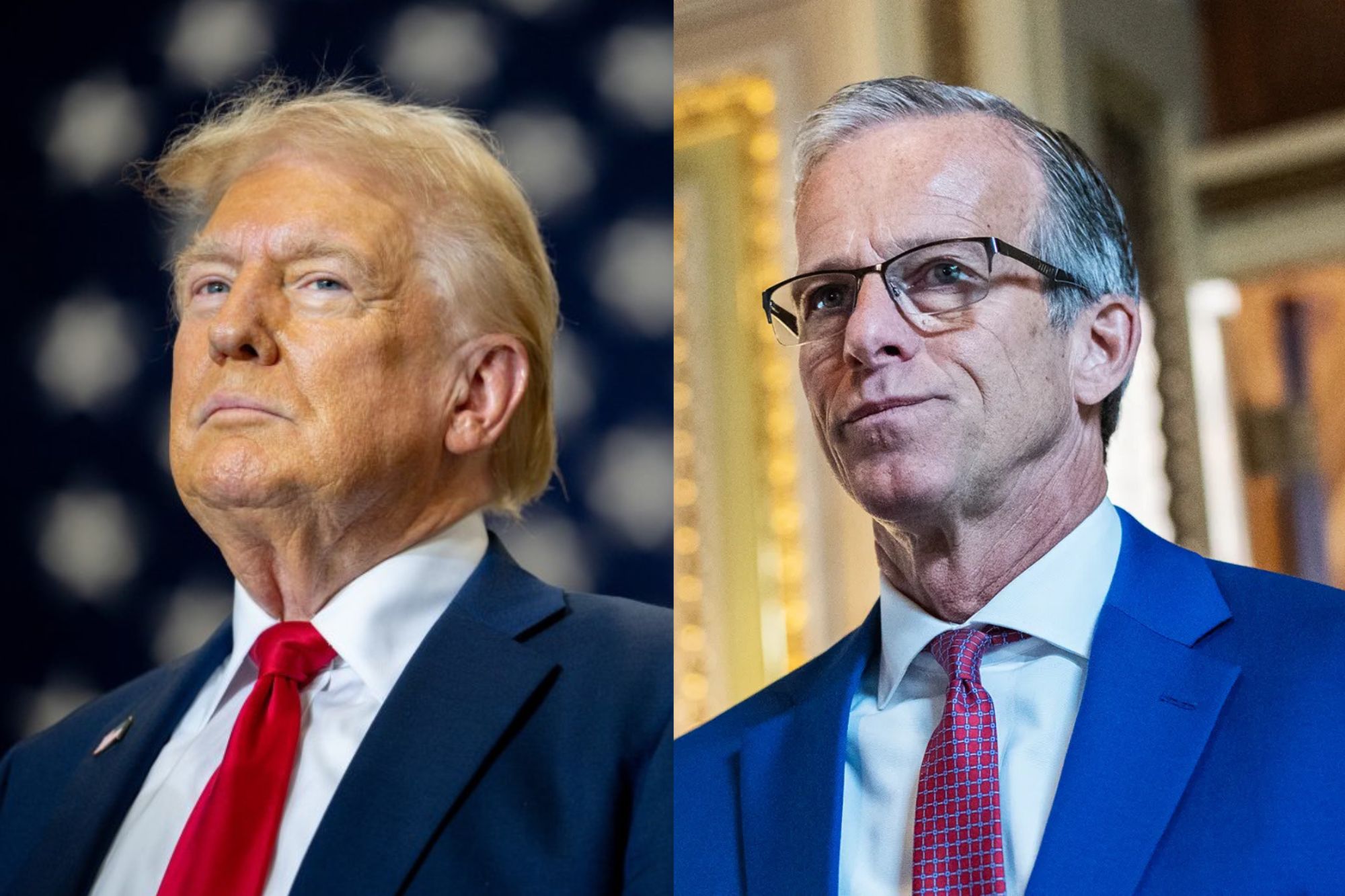

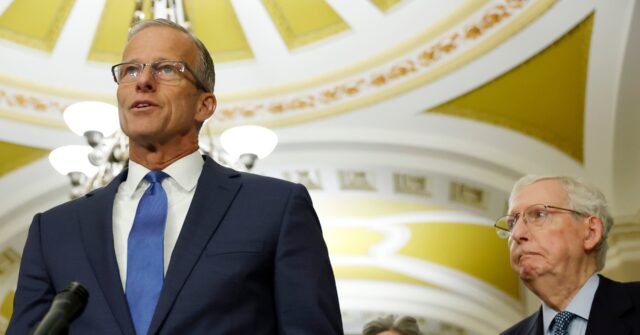



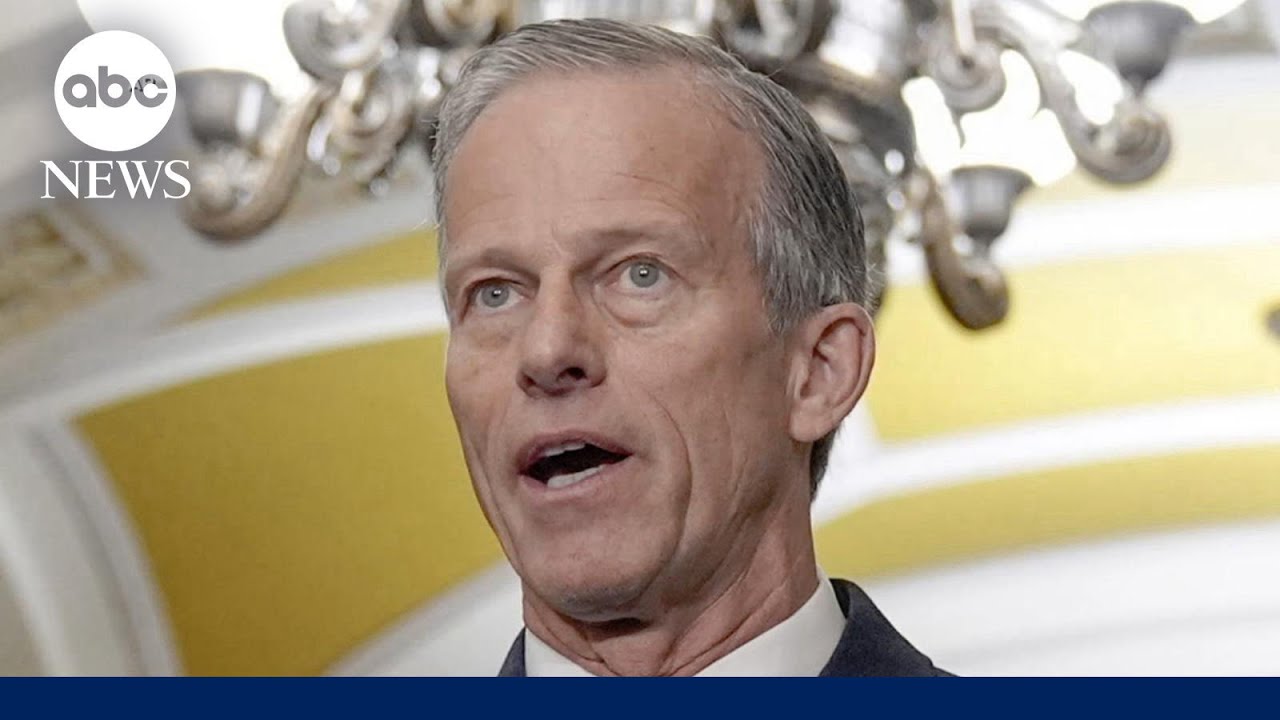




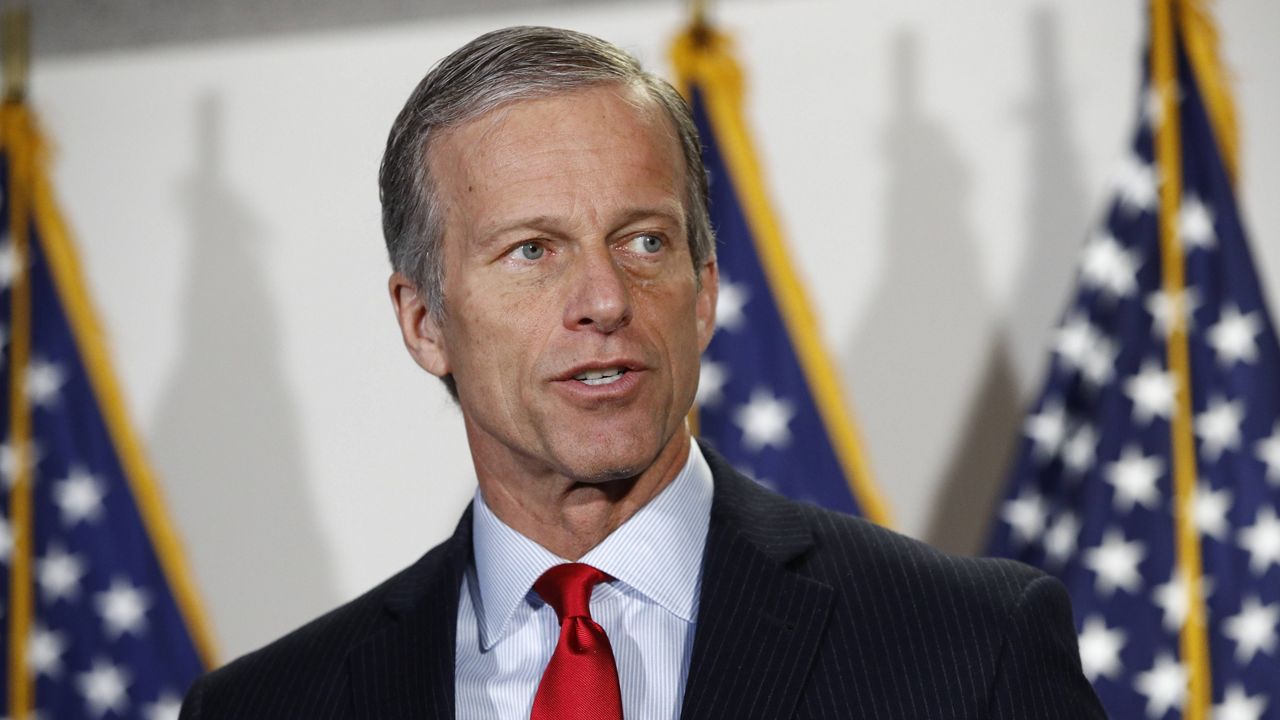
:max_bytes(150000):strip_icc():focal(979x585:981x587)/john-thune-1-2000-8577d46af9ad41348e1c4e272b170bc1.jpg)

